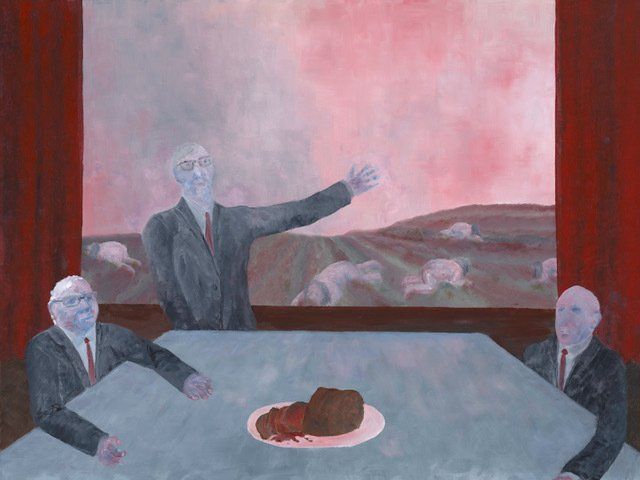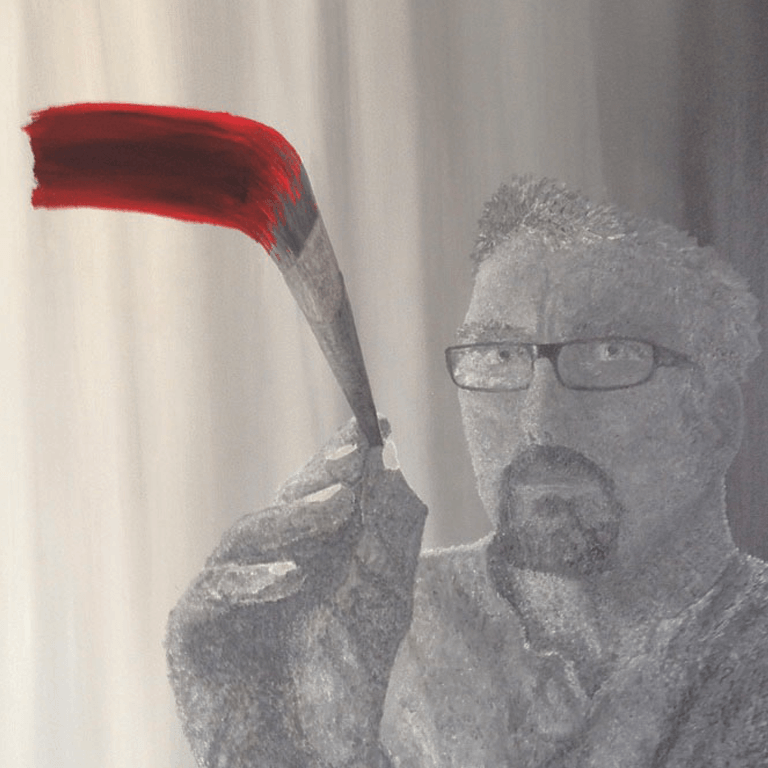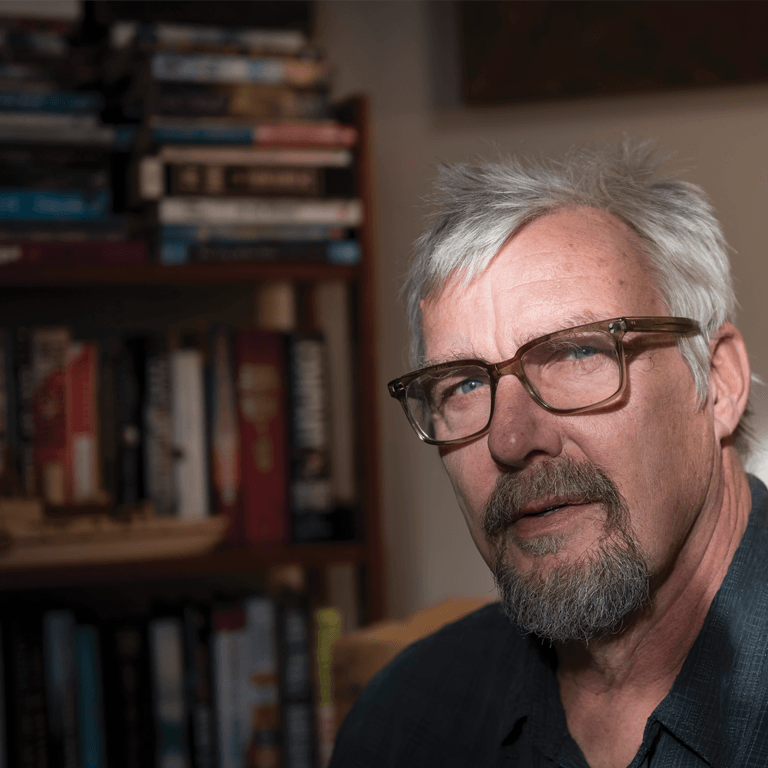Washington's Greatest Fear - A Nation United
We are a nation divided from within

Progressives, as well as a number of Democrats, some Republicans and the majority of mainstream and social media, have taken great pains to point out that America is a nation divided between the "haves" and the "have nots." And, that the "haves" are those of European descent, while the "have nots" are minorities, particularly those within the Black and Latin communities. This narrative has been hammered home on an almost daily basis, wielded like a chisel used to create, then deepen and widen the cracks in the cement that should bind us as Americans. The problem is that while the first aspect of the narrative is true, the latter pronouncement is not. Indeed, more than fifty percent of all Americans, Blacks, Whites and Latinos, are not earning sufficient incomes to meet the costs of providing for their needs.
According to the US Census Bureau, in 2016, some 40.6 million Americans were deemed to be living in poverty. The problem with this statistic, bad as it is, is that it takes the archaic position that poverty is defined as a single person earning no more than $12,228 per year, a family of four on no more than $24,563 and a family of six is capped at $32,928 per year. The reality paints a much starker picture. For example, Pew Research and the Economic Policy Institute reported in 2016 that in order for a family of four to meet its needs, not wants, it would need to earn at least $60,000 per year on average. That number has since risen to about $68,000. Hence, for a single income earner, needs could only be met with an income of about $17,000. and for a family of six, this requisite would rise to about $102,000. And, therein lies the rub. While acknowledging that the average family of four requires $68,000 to meet its needs, the government, meaning Congress, continues maintaining that even though this is the case, those not earning sufficient incomes to meet those needs in present economic terms are not defined as being "poor," or in the poverty class. Instead, government touts the notion that those earning more than the "official" poverty designation, up to the amount needed to meet their needs, are in the "middle class." This is not a partisan issue. Both parties are party to, and perpetuate, this fraud, while also portraying the majority of Americans as being in the so-called middle class.
The reality is quite different. Logically, any one person or family that is not earning enough money to meet their needs, is poor. Period. In this context, the majority of Americans, more than fifty percent, are not in the middle class,. They are in the poverty class. And, as the cost of living increases more rapidly than incomes, coupled with the impact of the pandemic on jobs and small businesses, this circumstance is only worsening.
There is no doubt that the numbers of minorities in the poverty class, particularly Blacks, are disproportionately higher as a percentage of their populations. However, in terms of sheer numbers, there are more poor White people than anyone else. Ultimately, there are unconscionable numbers of people, of all races and ethnicities, who are poor. And what our politicians, pundits and Jeff Bezos' of the world do not want to see happen, is for all of these groups to come to the realization that they are in the same boat; that poverty and the inability to make ends meet is the thread that binds them. Or worse, that they coalesce and act in political unison to force government to realistically reassess the definition of poverty in this country and act, among other possibilities, to eliminate the corporate welfare system that has largely led to a 28 trillion dollar national debt, roughly $80,000 for every person in this country, and is bleeding us dry. Instead, our ruling classes seek to manage our frustrations by dividing us and pitting us against one another through race baiting and creating blocs of voters who are both opposed to each other and dependent on the State for their survival.
There are, of course, a myriad of other commonalities that should serve to allow people to set aside their differences. That said, perhaps an appropriate starting point would be for people to look at one another with an eye to recognizing the economic plight they all share, rather than the superficial differences between them that provide fodder for a ruthless and calculating establishment.
